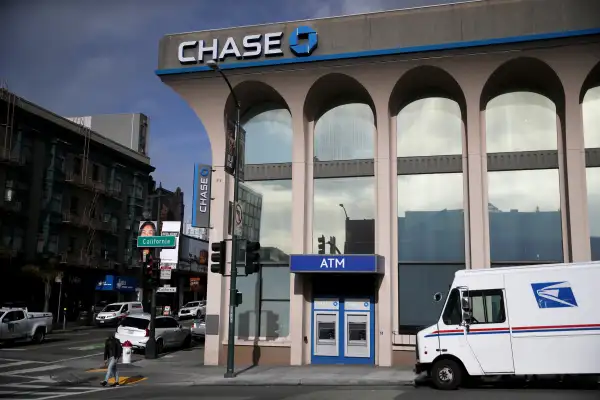It's Becoming Harder to Refinance Your Mortgage. Here's What Lenders Say Will Get You Approved

Even though mortgage rates are near record lows, would-be homebuyers or owners looking to refinance are likely to find it harder to get a loan as banks and non-bank mortgage lenders alike tighten their lending standards.
Financial institutions are bracing for a wave of defaults on mortgages, credit cards and other loan products, so they’re battening down the hatches. Seemingly overnight, their appetite for risk has dropped, and Americans with spotty credit or no home equity looking for home loans — first-time mortgages, refinances, home equity loans or lines of credit — are finding that their chances of securing one have worsened at a shockingly rapid pace.
Until recently, falling rates had led to a surge in homeowners looking to refinance their mortgages at new, lower rates. But the Mortgage Bankers Association says that the supply of available mortgage credit fell 16 percent in March, reaching the lowest level it has been since June of 2015. The organization says lenders are changing their credit criteria in anticipation of a wave of forbearance requests, delinquencies and defaults.
The astounding job losses in recent weeks — 22 million over the course of the last month — also aren’t helping, as some lenders have implemented extra employment verification checks. "For people who are unemployed, it's going to be more difficult to qualify for a mortgage at this time," Bill Banfield, executive vice president of capital markets for Quicken Loans — the nation’s largest mortgage lender — tells USA Today.
Some of the nation’s biggest lenders have made public their changes and tightening of underwriting standards, and recent comments from Federal Housing Finance Agency director Mark Calabria indicates that others might soon follow suit.
“There’s a wide range of possible outcomes for the housing market over the next six months. Given that uncertainty, I certainly think it’s appropriate for people to re-examine their underwriting standards,” he tells HousingWire.
Here are how some of America's biggest players in the mortgage market are handling the COVID-19 disruption.
Bank of America
American Banker reports that Bank of America has raised its credit score minimum from 660 to 720 for home equity borrowing. (Bank of America did not respond to Money’s query by the time of publication.)
JPMorgan Chase
Chase now requires a credit score of 700 or higher, as well as a 20% down payment, for most new mortgages. This does not apply to mortgages currently going through the origination process or Chase’s “DreaMaker” program for low-income homeowners.
Especially with so many Americans currently experiencing a loss of income, this could make it harder for borrowers save up enough to qualify. The average down payment is around 10%, according to the Mortgage Bankers Association.
United Wholesale Mortgage
This might not be a name you recognize, but it’s one of the biggest mortgage lenders in the U.S., and it’s also changing its protocol. Now, United added a requirement that the borrower’s employment status must be reverified on the scheduled closing date.
“We’re doing them again right before closing to make sure that people still have jobs, because people are losing jobs at such an alarming rate right now,” company CEO Mat Ishbia tells HousingWire, predicting that other lenders will soon require day-of employment verification, too.
Wells Fargo
The biggest mortgage bank in the U.S. raised the minimum credit score required for a home equity line of credit from 680 to 720, but a spokesman says there is currently nothing comparable for mortgages. The bank also has temporarily stopped offering cash-out refinance loans, as well as some “non-conforming” loans and most home equity loans higher than $250,000, according to Reuters.
More from Money:
You're Probably Terrified to Look at Your 401(k). Here's Why It Might Not Be as Bad as You Fear
30-Year Mortgage Rates Are Back Near Record Lows — For Some Borrowers
